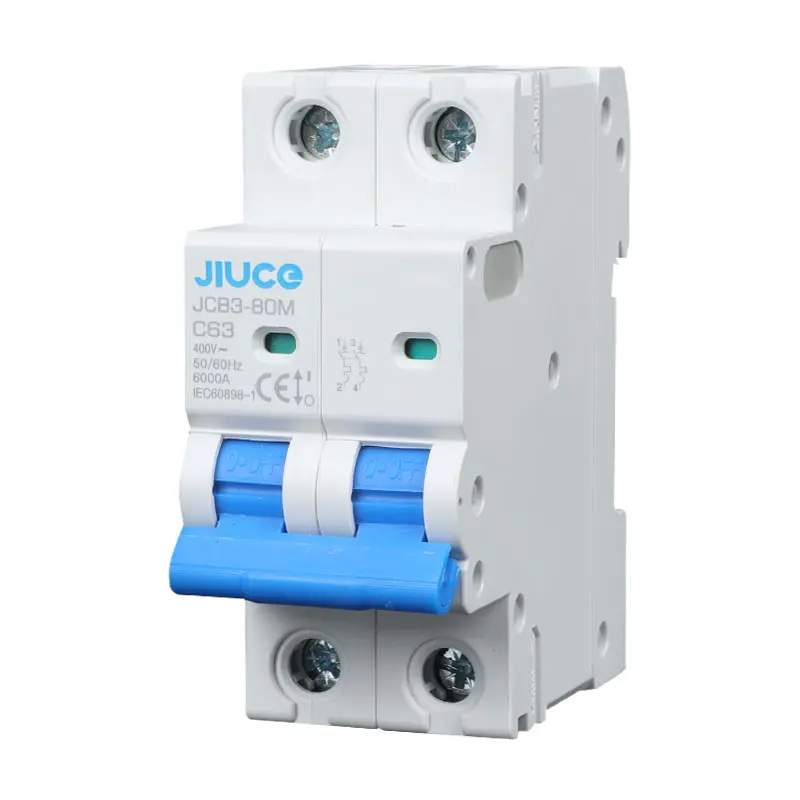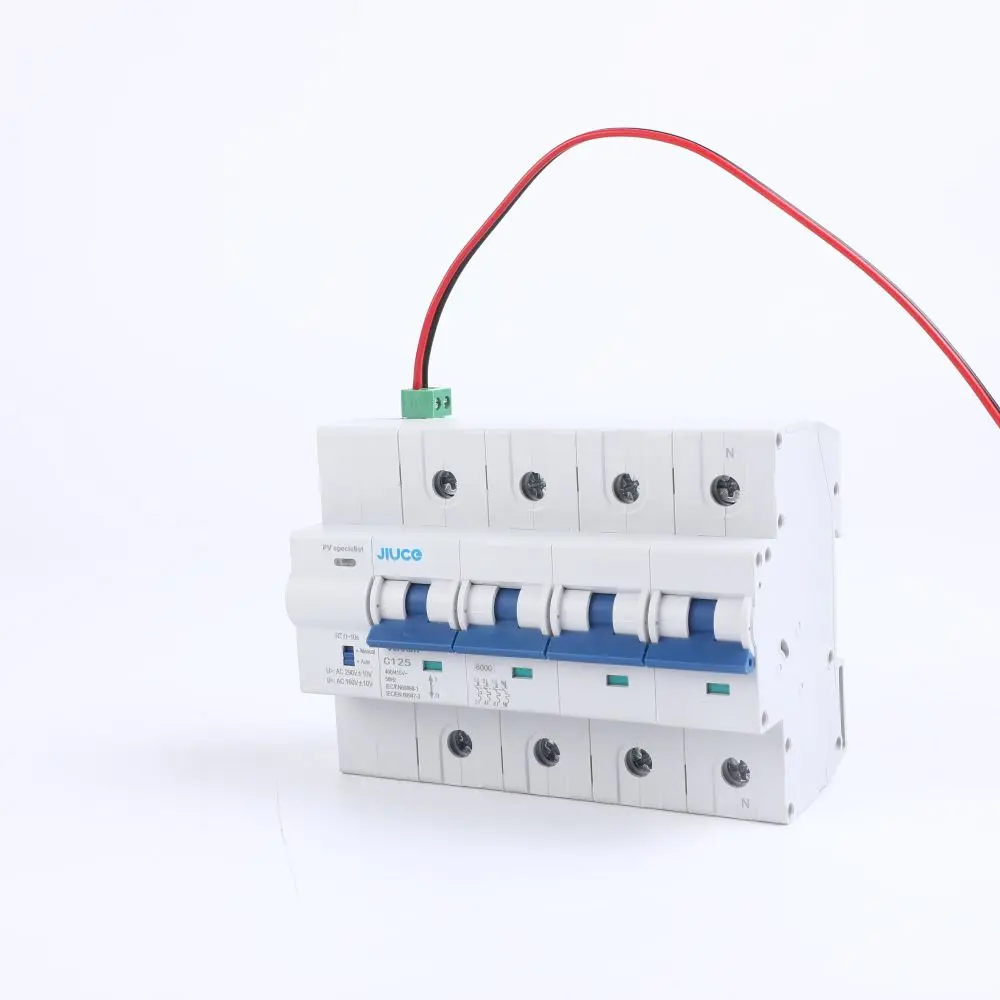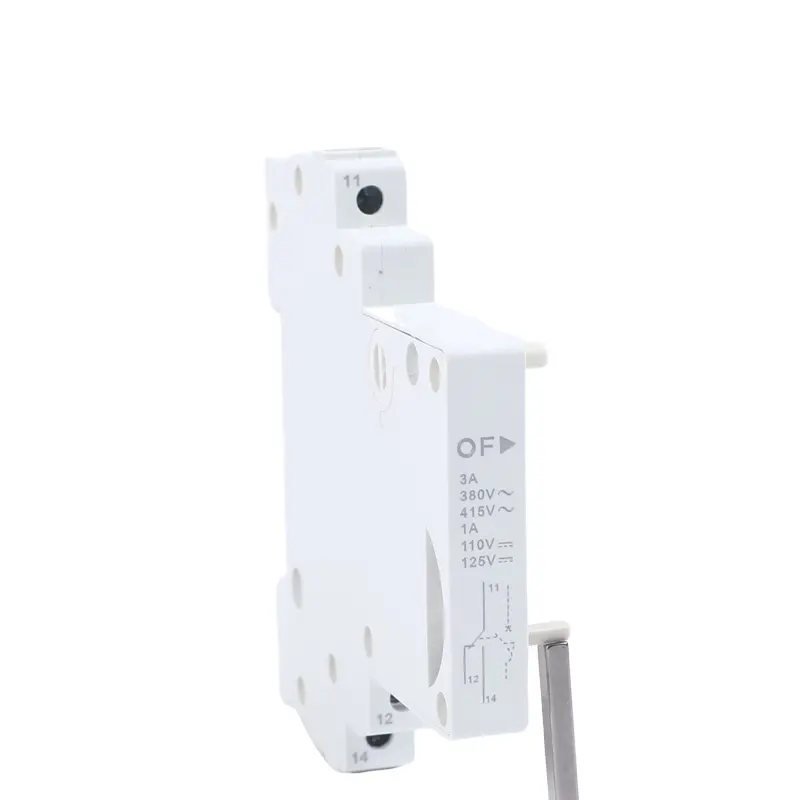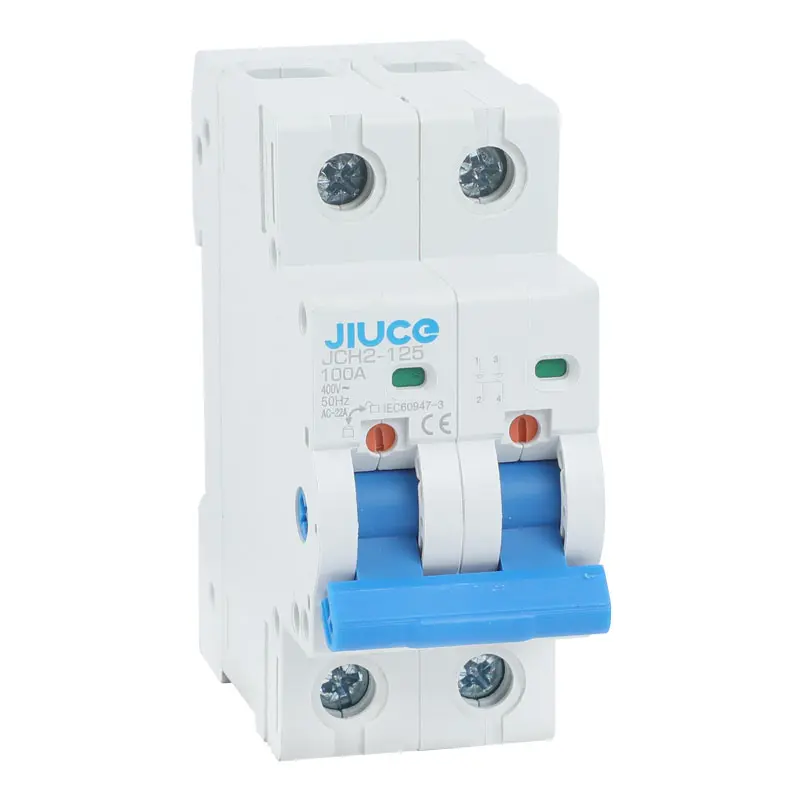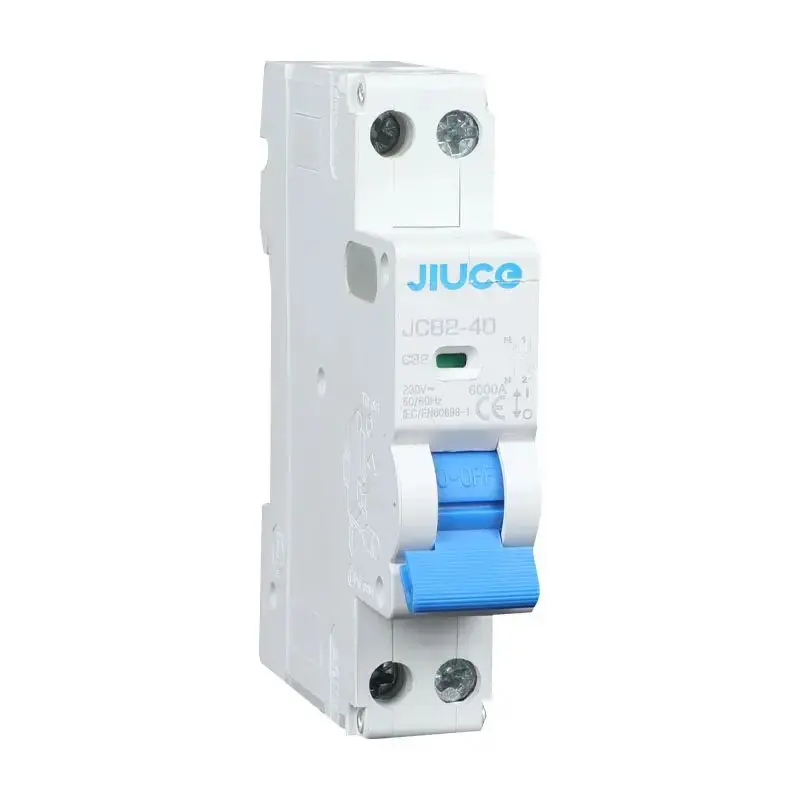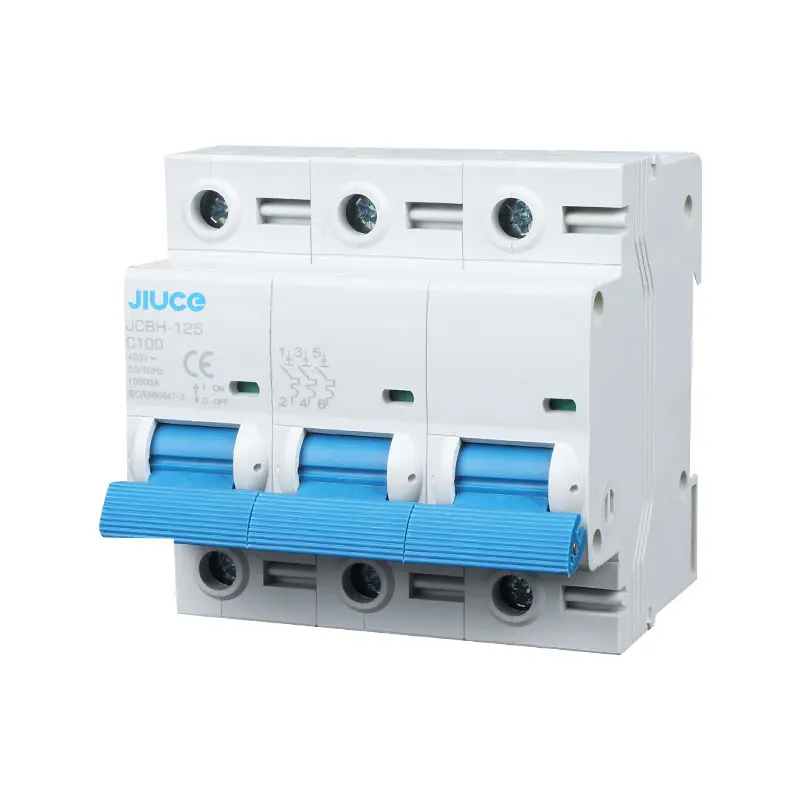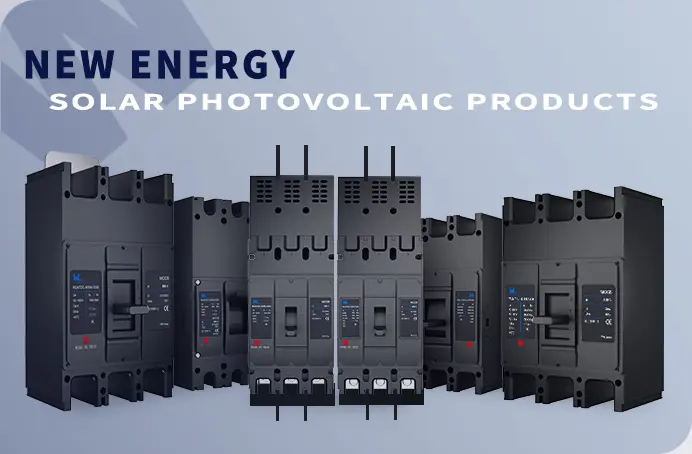The Evolution of the Electric Power Industry: From Traditional Energy Sources to Renewable Energy and Smart Grid Technologies
The power industry plays a vital role in the production and distribution of electricity, covering a wide range of activities from the construction and operation of power plants to the transmission and distribution of electricity. The industry includes traditional thermal and nuclear power generation, as well as increasingly popular forms of renewable energy such as wind and solar power. In addition to power generation, the power industry also involves the development and implementation of various power equipment and technologies, including transformers, generators, transmission lines, power electronics equipment, etc. The power industry is driven by growing demand for renewable energy, the emergence of smart grid technology and the growing popularity of electric vehicles.
In recent years, the power industry has witnessed a major shift toward renewable energy. With the increasing awareness of environmental sustainability and the need to reduce carbon emissions, the development and utilization of renewable energy technologies have received increasing attention. This has led to active exploration and implementation of solar, wind and hydro energy as viable alternatives to traditional fossil fuel power generation. Incorporating renewable energy into the power industry not only diversifies the energy structure, but also helps form a more sustainable and environmentally friendly power generation pattern.
While embracing renewable energy, the power industry has been actively pursuing the development of smart grid technology. Smart grid is an emerging field that utilizes advanced communication and control technologies to achieve real-time monitoring, optimization, and management of power systems. By integrating digital communications and sensing technologies, smart grid systems increase the reliability and efficiency of the grid, allowing for better integration of renewable energy and facilitating demand response programs. The implementation of smart grid technology represents a major advancement for the power industry, increasing grid resiliency and enhancing the ability to manage energy distribution.
In addition, the rise of electric vehicles has also driven the development of the power industry. As demand for electric vehicles continues to grow, there will be a corresponding need for charging infrastructure and related technologies to support widespread adoption of electric vehicles. The power industry has been actively involved in the deployment of electric vehicle charging facilities and the development of innovative charging technologies to meet the changing needs of electric vehicle users. This intersection between the power industry and electric vehicles highlights the industry’s adaptability and responsiveness to emerging trends in transportation.
In summary, the power industry is undergoing a transformative evolution, driven by an increasing focus on renewable energy, the adoption of smart grid technologies, and the proliferation of electric vehicles. The integration of renewable energy, advances in smart grid technology and support for electric vehicles are reshaping the power industry, paving the way for a more sustainable and efficient energy future. As the industry continues to embrace innovation and technological advancement, it is expected to play a key role in meeting the global energy challenges of the 21st century.

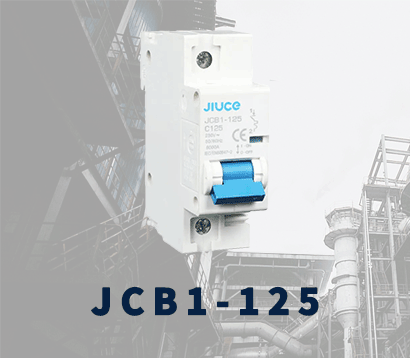 JCB1-125
JCB1-125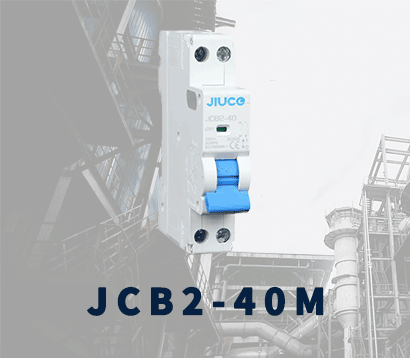 JCB2-40M
JCB2-40M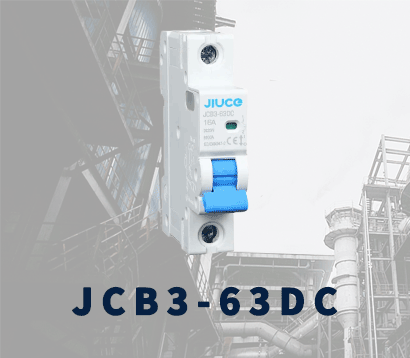 JCB3-63DC
JCB3-63DC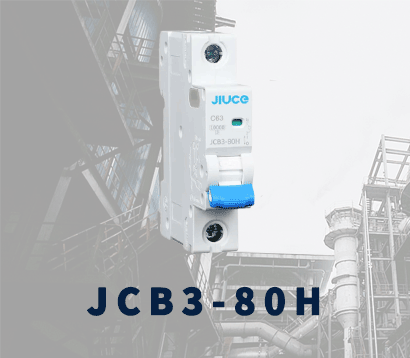 JCB3-80H
JCB3-80H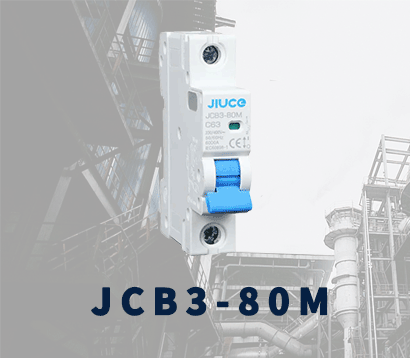 JCB3-80M
JCB3-80M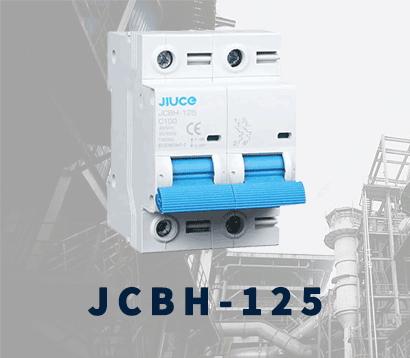 JCBH-125
JCBH-125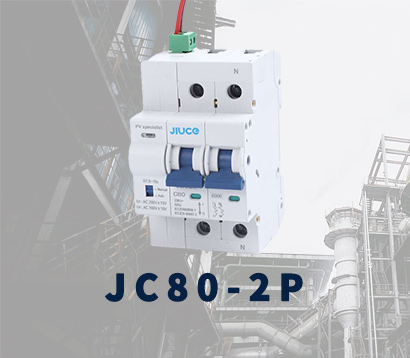 JC80-2P
JC80-2P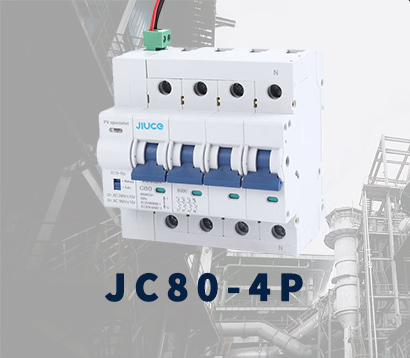 JC80-4P
JC80-4P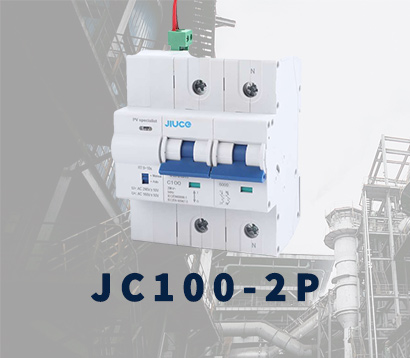 JC125-2P
JC125-2P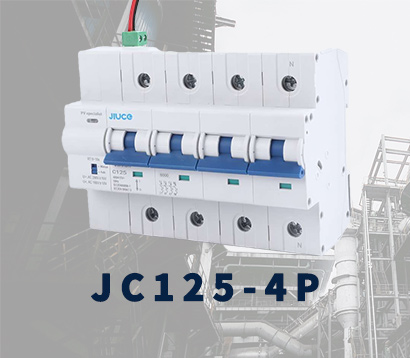 JC125-4P
JC125-4P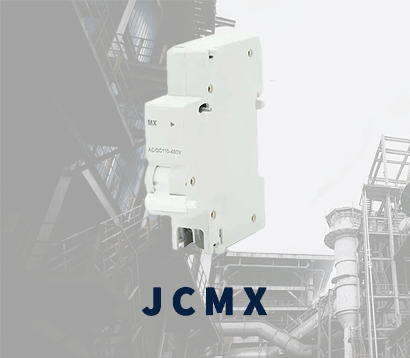 JCMX
JCMX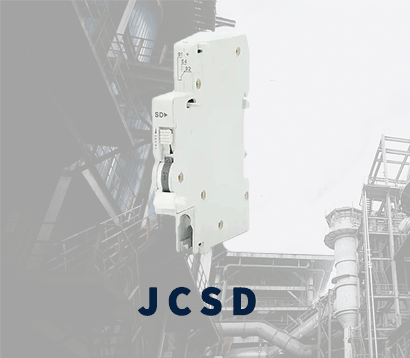 JCSD
JCSD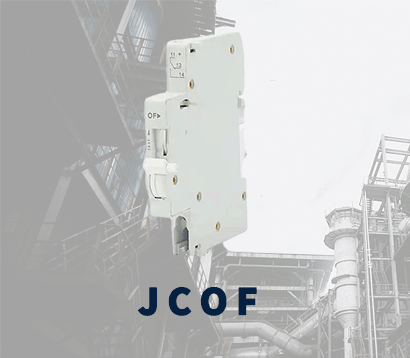 JCOF
JCOF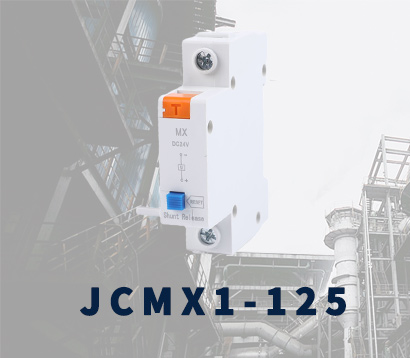 JCMX1-125
JCMX1-125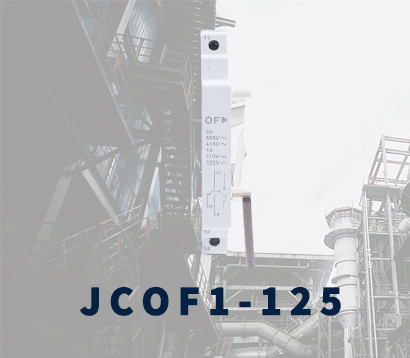 JCOF1-125
JCOF1-125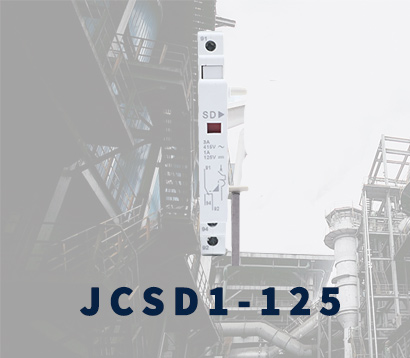 JCSD1-125
JCSD1-125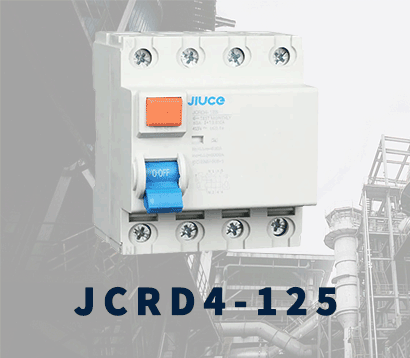 JCRD4-125
JCRD4-125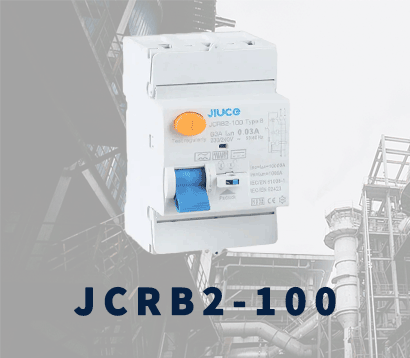 JCRB2-100
JCRB2-100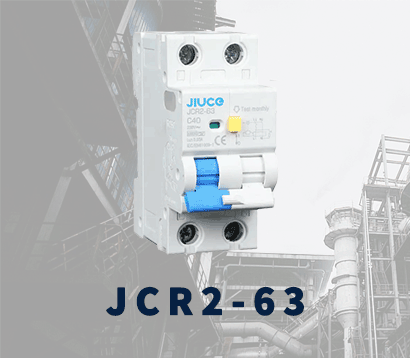 JCR2-63
JCR2-63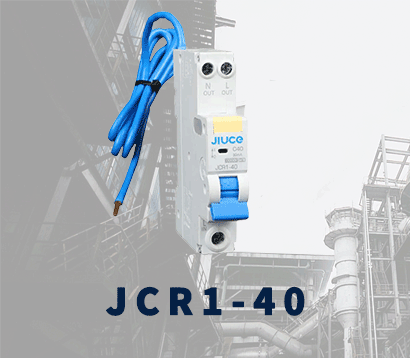 JCR1-40
JCR1-40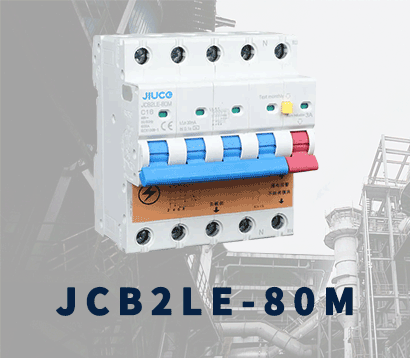 JCB2LE-80M
JCB2LE-80M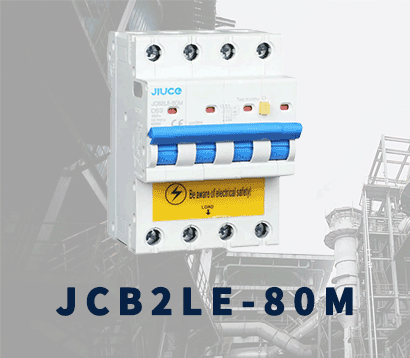 JCB2LE-80M
JCB2LE-80M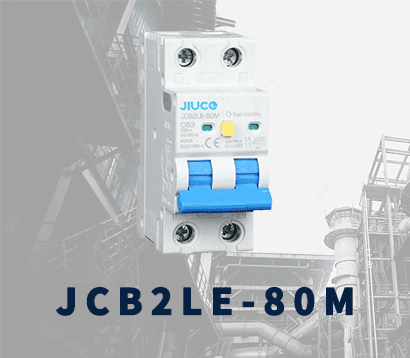 JCB2LE-80M
JCB2LE-80M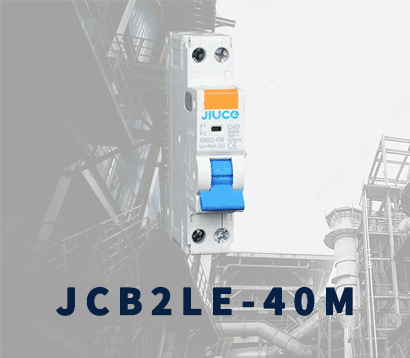 JCB2LE-40M
JCB2LE-40M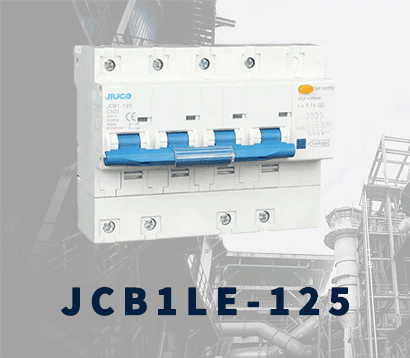 JCB1LE-125
JCB1LE-125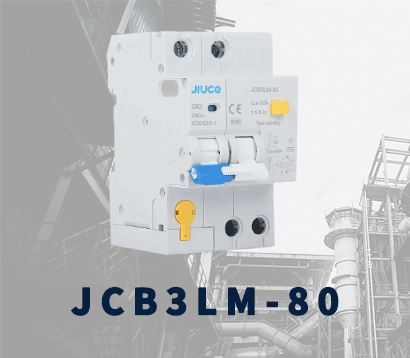 JCB3LM-80
JCB3LM-80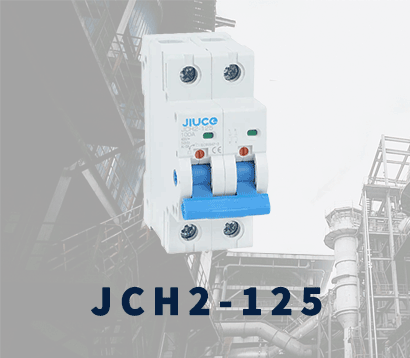 JCH2-125
JCH2-125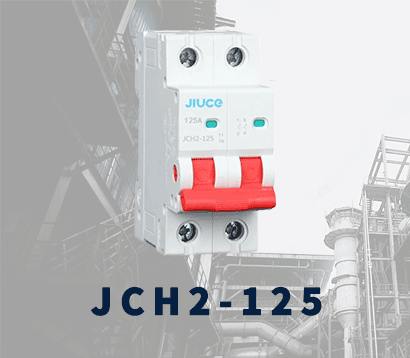 JCH2-125
JCH2-125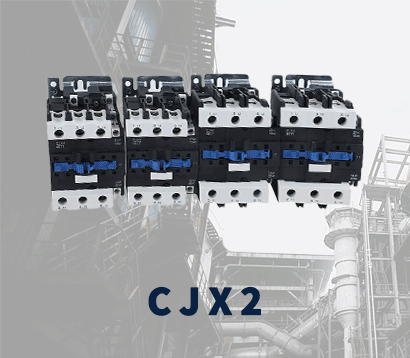 CJX2
CJX2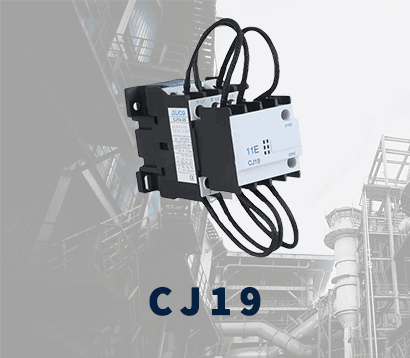 CJ19
CJ19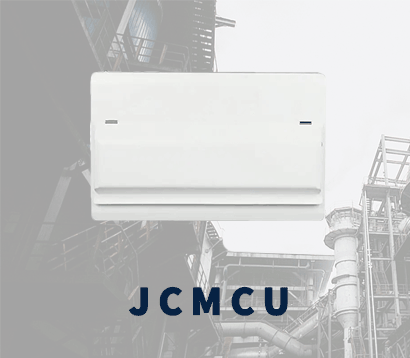 JCMCU
JCMCU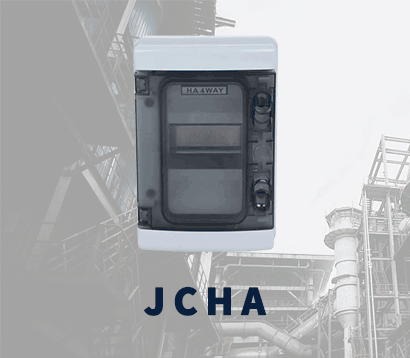 JCHA
JCHA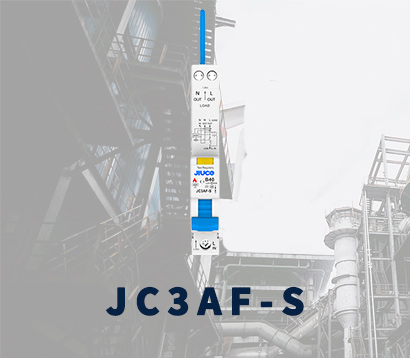 JC3AF-S
JC3AF-S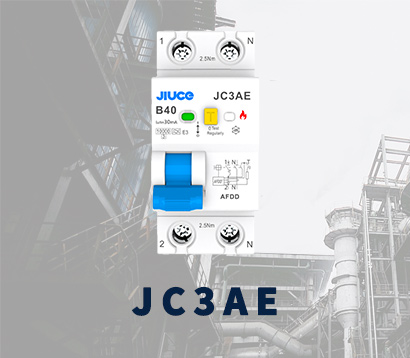 JC3AE
JC3AE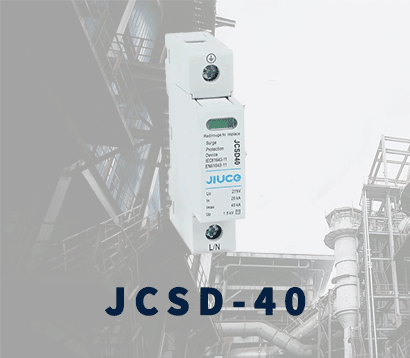 JCSD-40
JCSD-40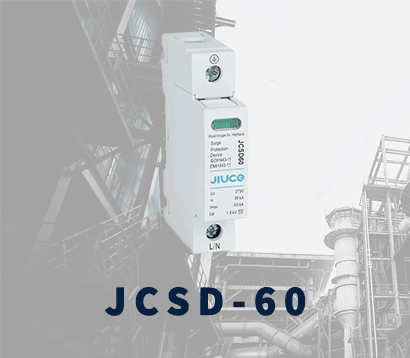 JCSD-60
JCSD-60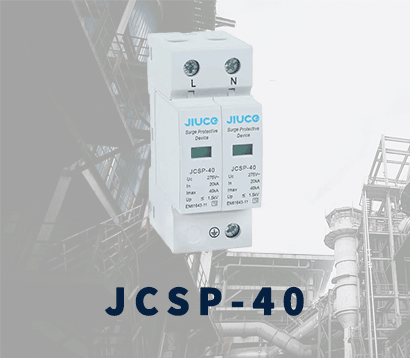 JCSP-40
JCSP-40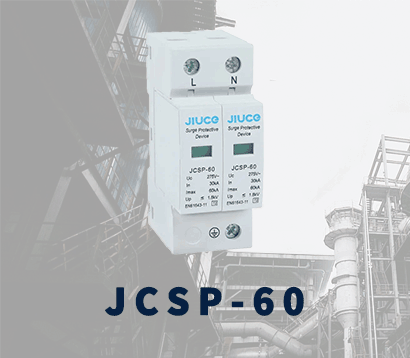 JCSP-60
JCSP-60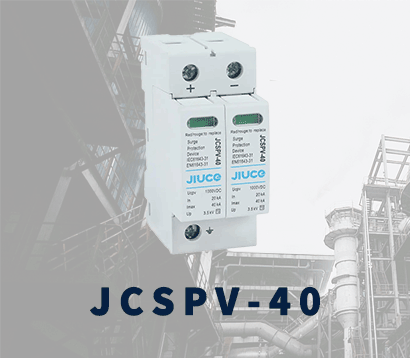 JCSPV
JCSPV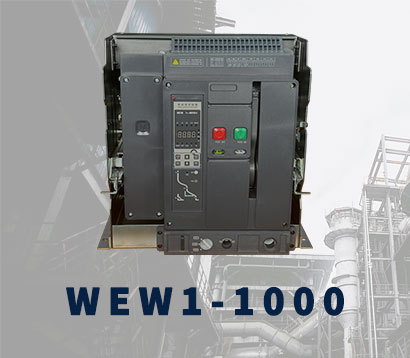 WEW1-1000
WEW1-1000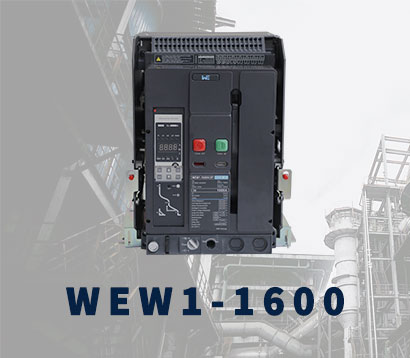 WEW1-1600
WEW1-1600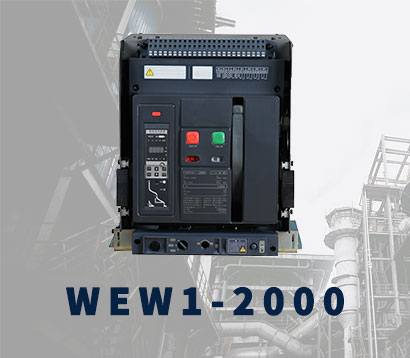 WEW1-2000
WEW1-2000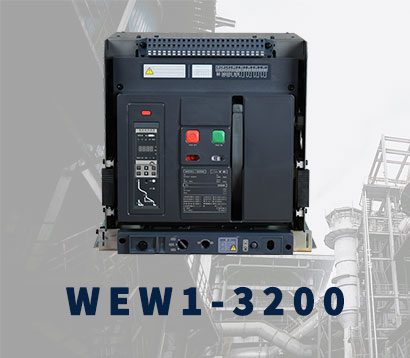 WEW1-3200
WEW1-3200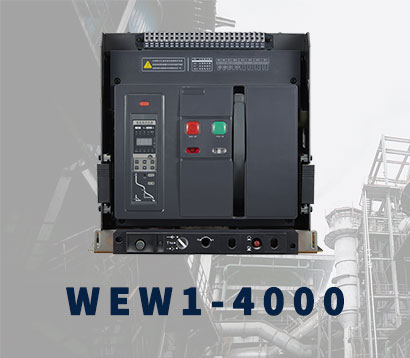 WEW1-4000
WEW1-4000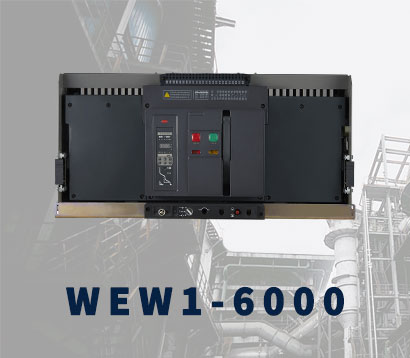 WEW1-6300
WEW1-6300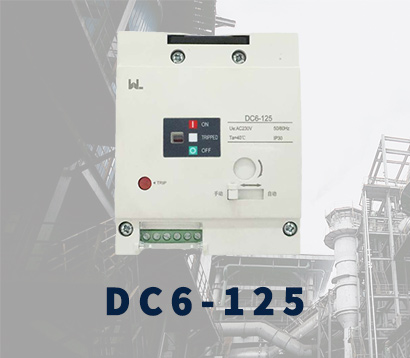 DC6-125
DC6-125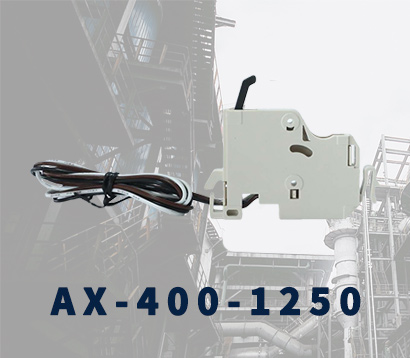 AX-400-1250
AX-400-1250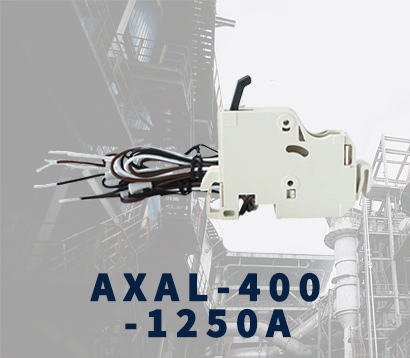 AXAL-400-1250A
AXAL-400-1250A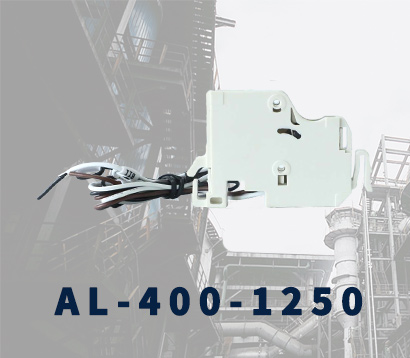 AL-400-1250
AL-400-1250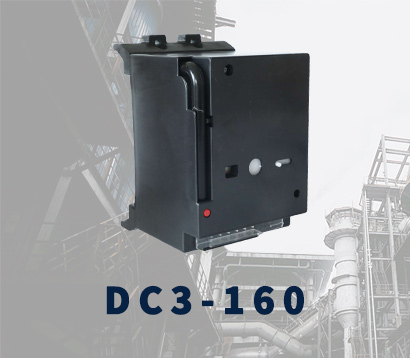 DC3-160
DC3-160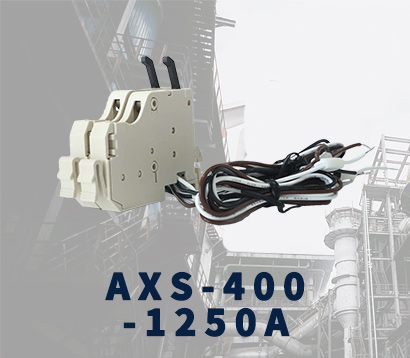 AXS-400-1250A
AXS-400-1250A SHT-125-160
SHT-125-160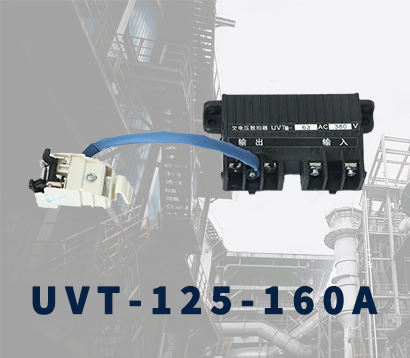 UVT-125-160A
UVT-125-160A 400-3P/4P terminal cover
400-3P/4P terminal cover 1250-3Pmccb accessories busbar
1250-3Pmccb accessories busbar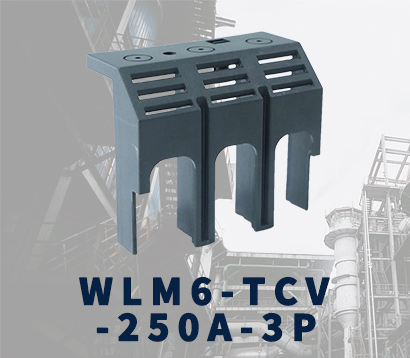 250-3P terminal conver
250-3P terminal conver WLM6-TCV-160A-3P
WLM6-TCV-160A-3P WLM6-MIP-250A
WLM6-MIP-250A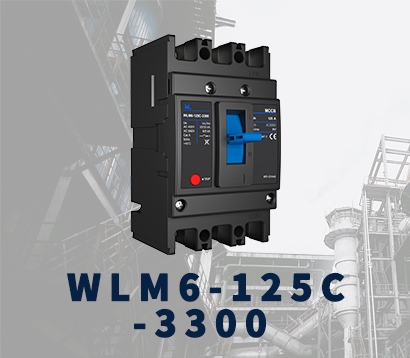 WLM6-125A-3300 3P/4P
WLM6-125A-3300 3P/4P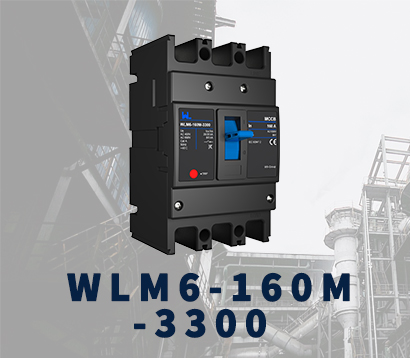 WLM6-160A-3300 3P/4P
WLM6-160A-3300 3P/4P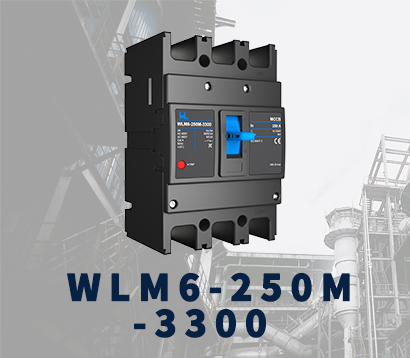 WLM6-250A-3300 3P/4P
WLM6-250A-3300 3P/4P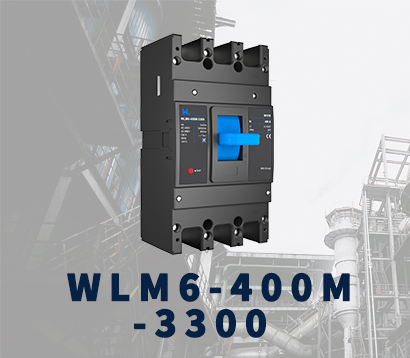 WLM6-400A-3300 3P/4P
WLM6-400A-3300 3P/4P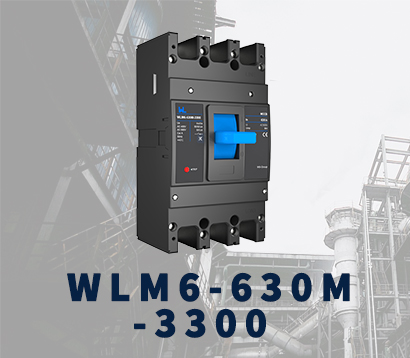 WLM6-630A-3300 3P/4P
WLM6-630A-3300 3P/4P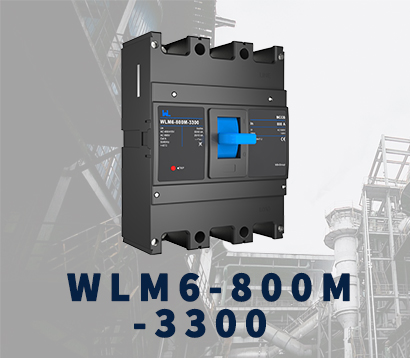 WLM6-800A-3300 3P/4P
WLM6-800A-3300 3P/4P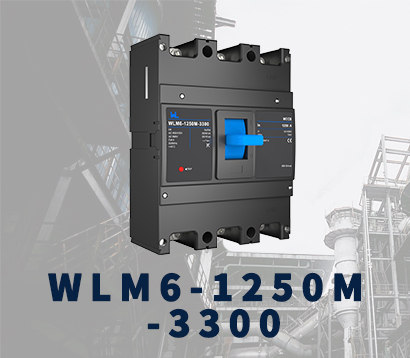 WLM6-1250A-3300 3P/4P
WLM6-1250A-3300 3P/4P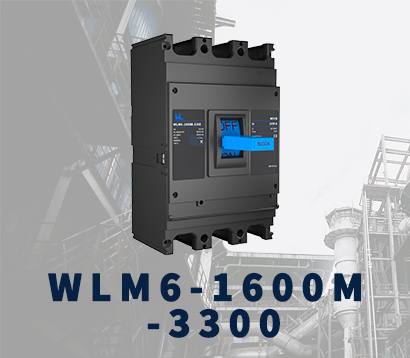 WLM6-1600A-3300 3P/4P
WLM6-1600A-3300 3P/4P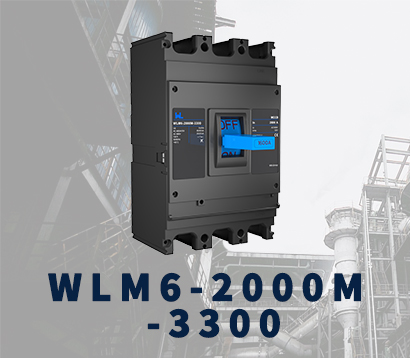 WLM6-2000A 3P/4P
WLM6-2000A 3P/4P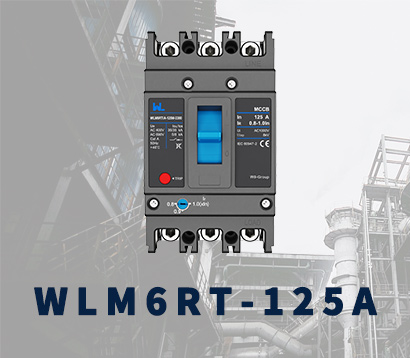 WLM6RT-125A
WLM6RT-125A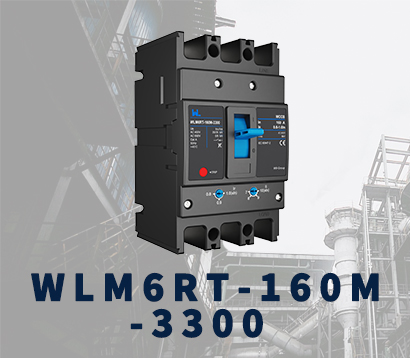 WLM6RT-160A
WLM6RT-160A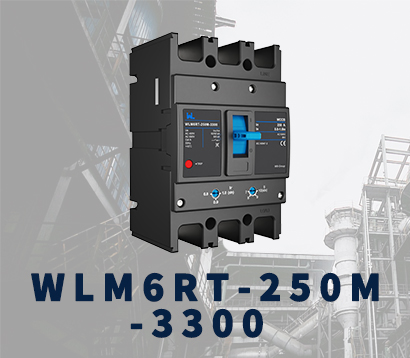 WLM6RT-250A
WLM6RT-250A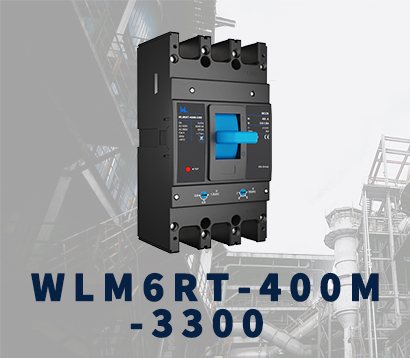 WLM6RT-400A
WLM6RT-400A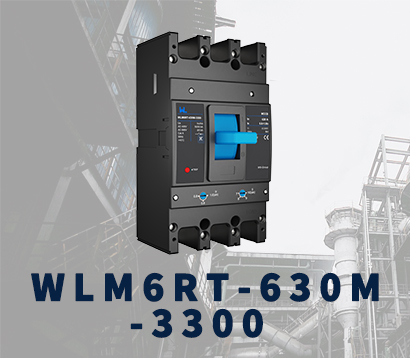 WLM6RT-630A
WLM6RT-630A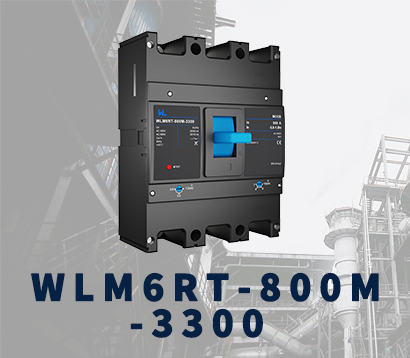 WLM6RT-800A
WLM6RT-800A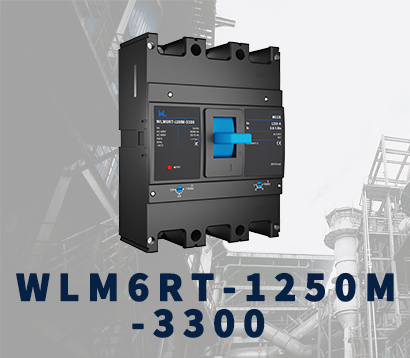 WLM6RT-1250A
WLM6RT-1250A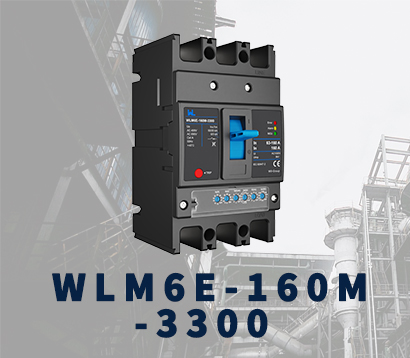 WLM6E-160A-3300 3P
WLM6E-160A-3300 3P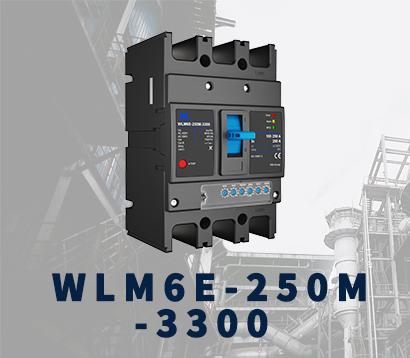 WLM6E-250A-3300
WLM6E-250A-3300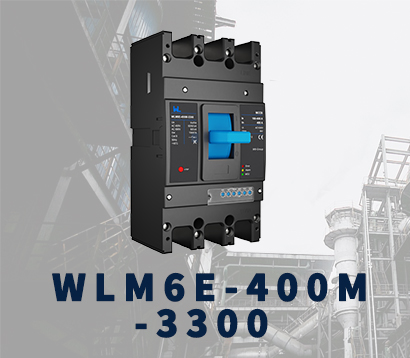 WLM6E-400A-3300 3P/4P
WLM6E-400A-3300 3P/4P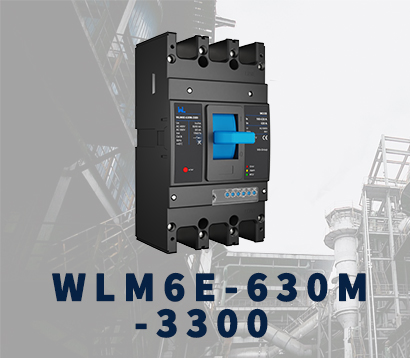 WLM6E-630A-3300
WLM6E-630A-3300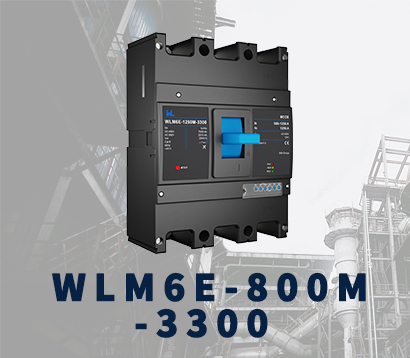 WLM6E-800A-3300 3P/4P
WLM6E-800A-3300 3P/4P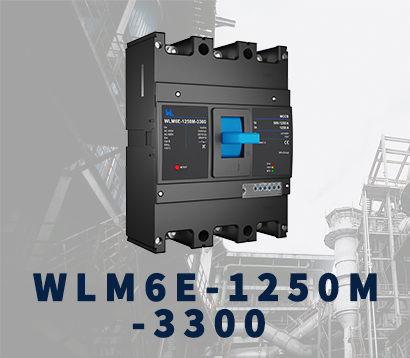 WLM6E-1250A-3300
WLM6E-1250A-3300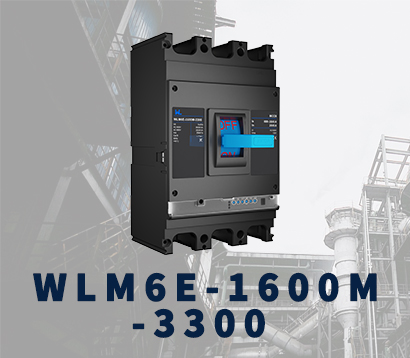 WLM6E-1600-3300 3P/4P
WLM6E-1600-3300 3P/4P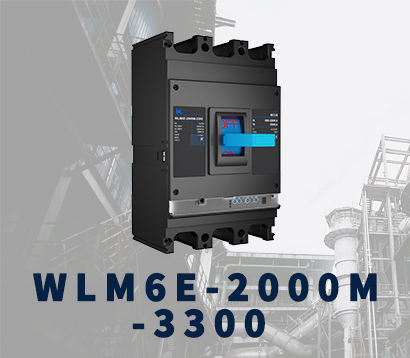 WLM6E-2000A-3300 3P/4P
WLM6E-2000A-3300 3P/4P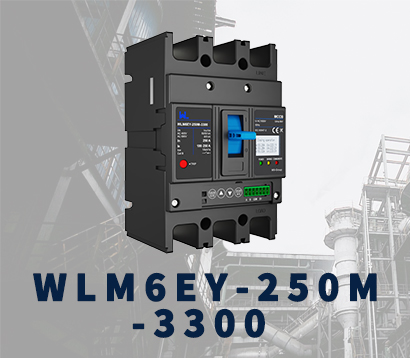 WLM6EY-250-3300 3P/4P
WLM6EY-250-3300 3P/4P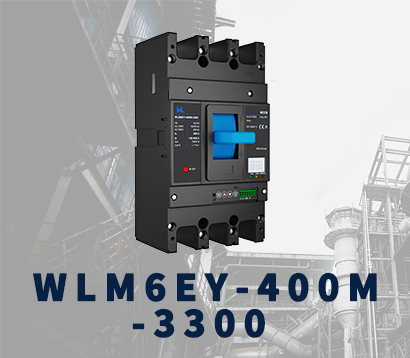 WLM6EY-400 3P/4P
WLM6EY-400 3P/4P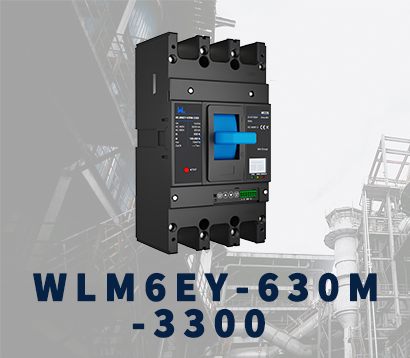 WLM6EY-630 3P/4P
WLM6EY-630 3P/4P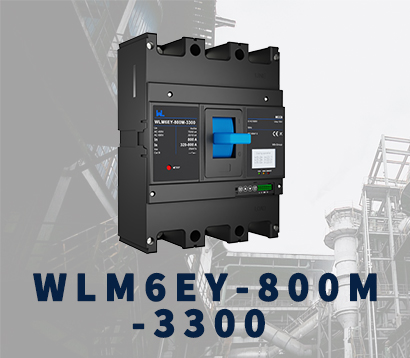 WLM6EY-800A 3P/4P
WLM6EY-800A 3P/4P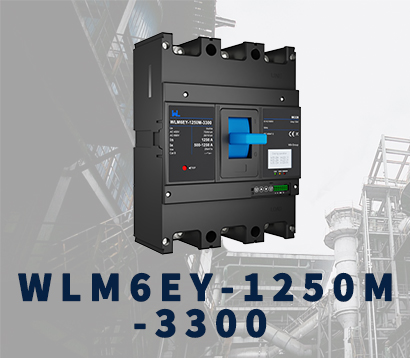 WLM6EY-1250A 3P/4P
WLM6EY-1250A 3P/4P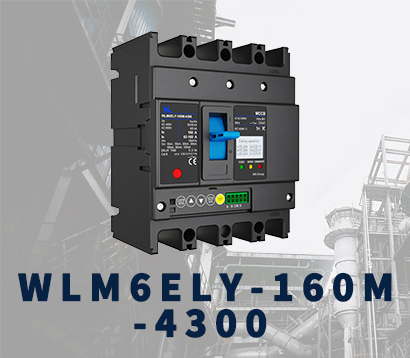 WLM6ELY-160A
WLM6ELY-160A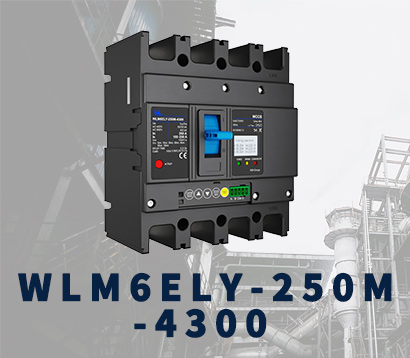 WLM6ELY-250A
WLM6ELY-250A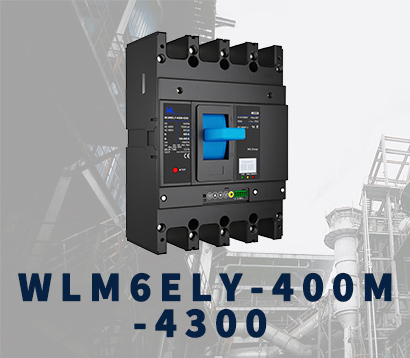 WLM6ELY-400A
WLM6ELY-400A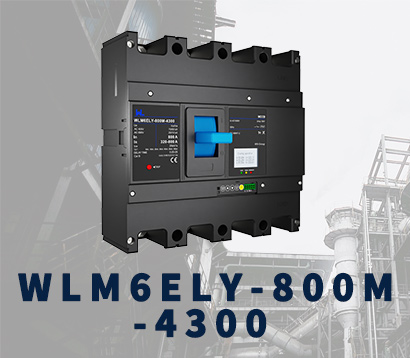 WLM6ELY-800A
WLM6ELY-800A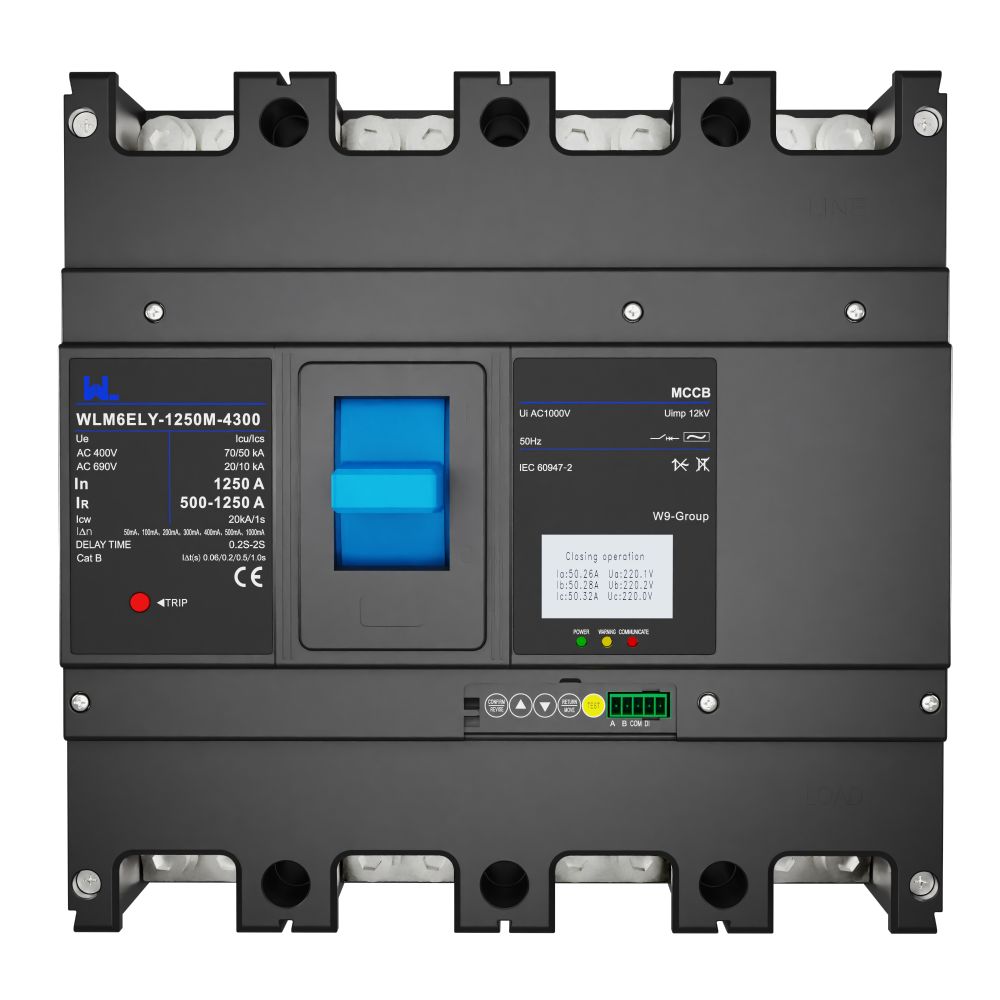 WLM6ELY-1250A
WLM6ELY-1250A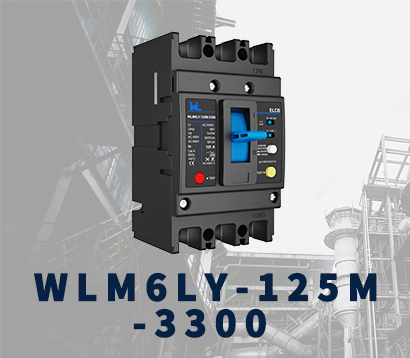 WLM6LY-125A
WLM6LY-125A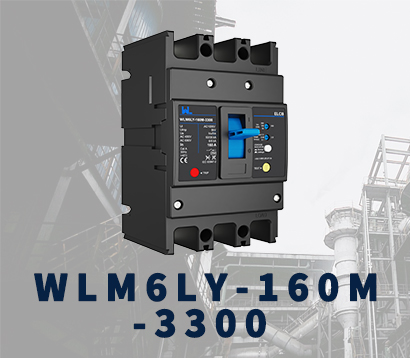 WLM6L-160A
WLM6L-160A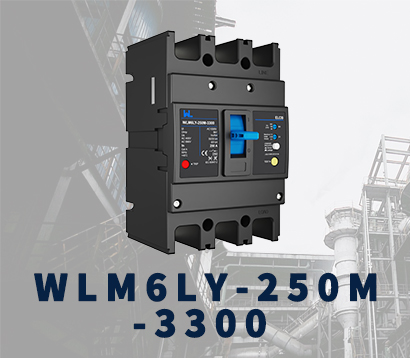 WLM6LY-250A
WLM6LY-250A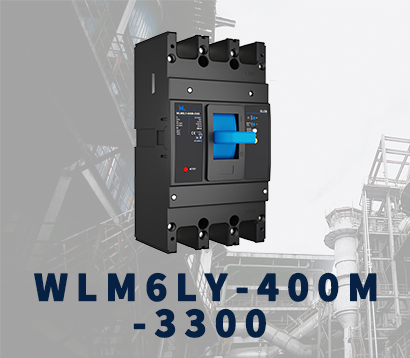 WLM6LY-400A
WLM6LY-400A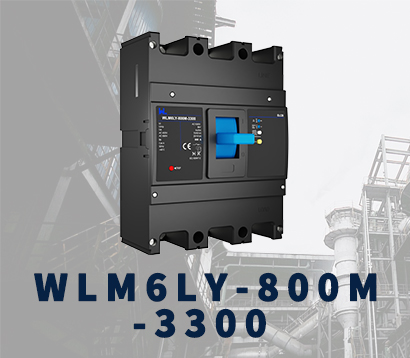 WLM6LY-800A
WLM6LY-800A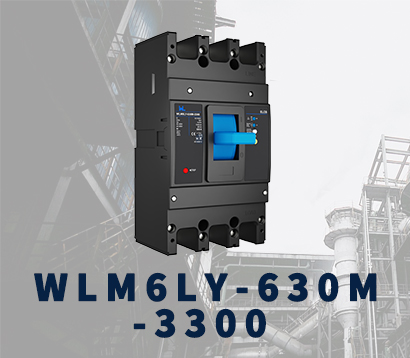 WLM6LY-630A
WLM6LY-630A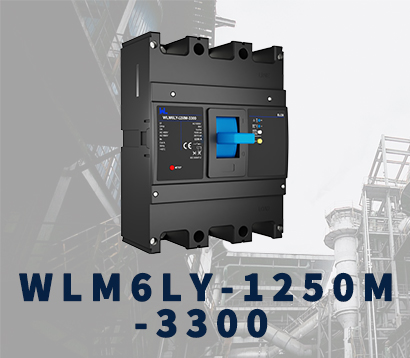 WLM6LY-1250A
WLM6LY-1250A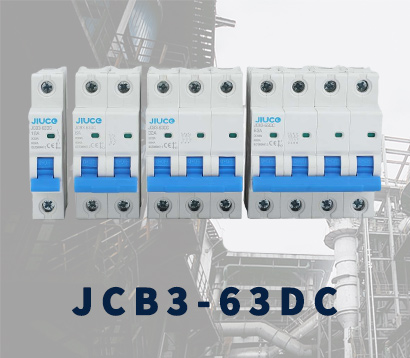 JCB3-63DC
JCB3-63DC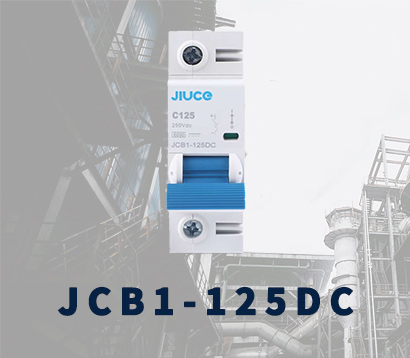 JCB1-125DC
JCB1-125DC P-250A-3P-A
P-250A-3P-A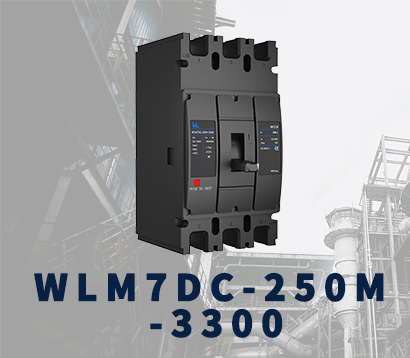 WLM7DC-250A-2300 2P/3P
WLM7DC-250A-2300 2P/3P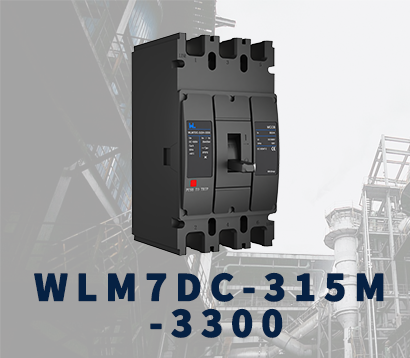 WLM7DC-315A-3300 2P/3P
WLM7DC-315A-3300 2P/3P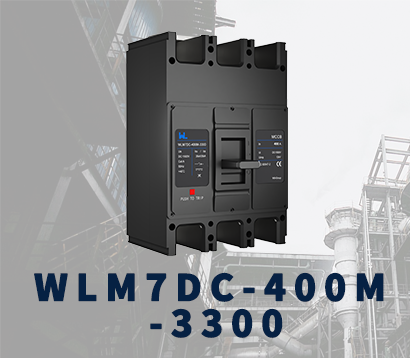 WLM7DC-400A-2300 2P/3P
WLM7DC-400A-2300 2P/3P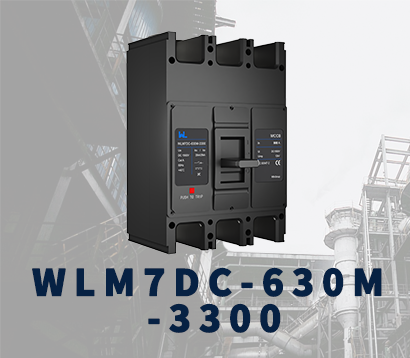 WLM7DC-630A-3300 3P
WLM7DC-630A-3300 3P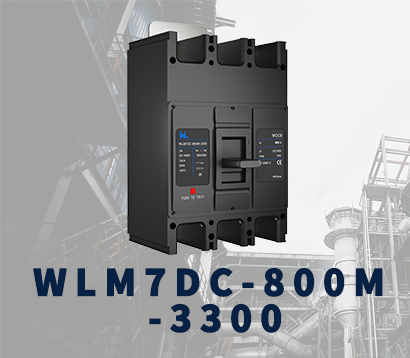 WLM7DC-800A-2300 2P/3P
WLM7DC-800A-2300 2P/3P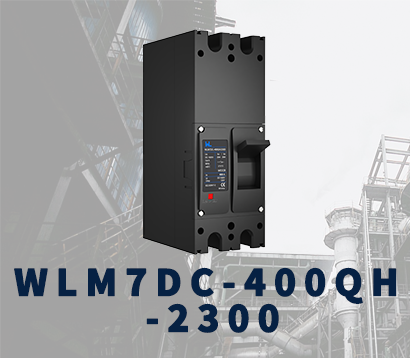 WLM7DC-400A 2300
WLM7DC-400A 2300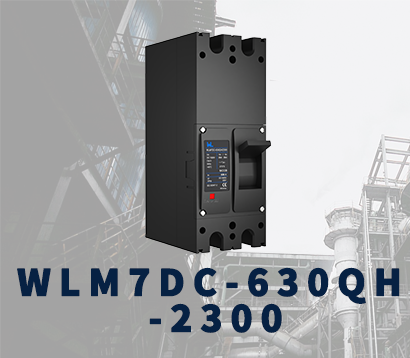 WLM7DC-630A-2300 2P
WLM7DC-630A-2300 2P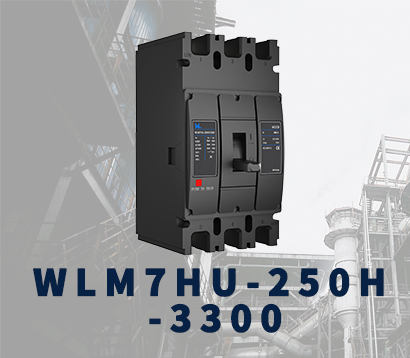 WLM7HU-250-3300 3P
WLM7HU-250-3300 3P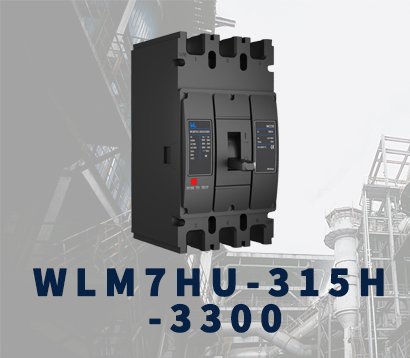 WLM7HU-315-3300 3P
WLM7HU-315-3300 3P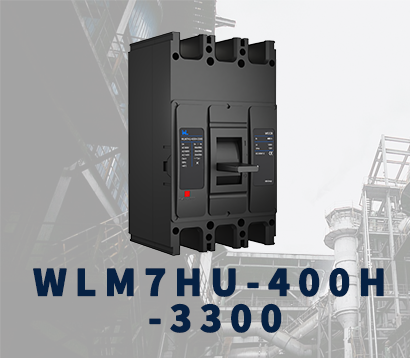 WLM7HU-400-3300 3P
WLM7HU-400-3300 3P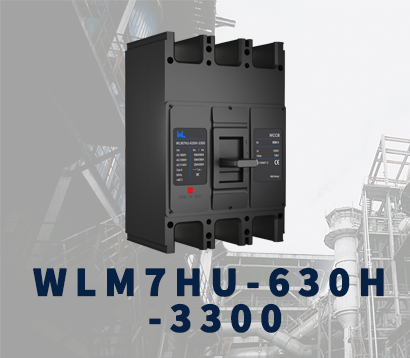 WLM7HU-630-3300 3P
WLM7HU-630-3300 3P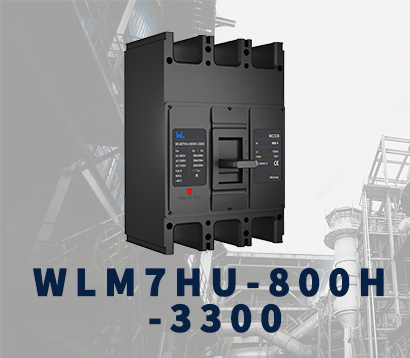 WLM7HU-800-3300 3P
WLM7HU-800-3300 3P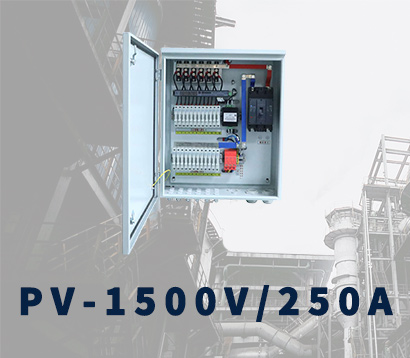 PV-1500V/250A
PV-1500V/250A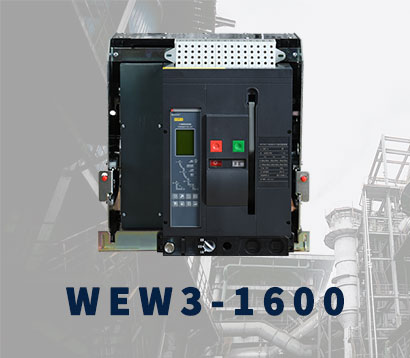 WEW3-1600
WEW3-1600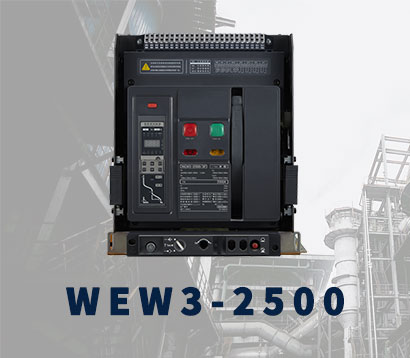 WEW3-2500
WEW3-2500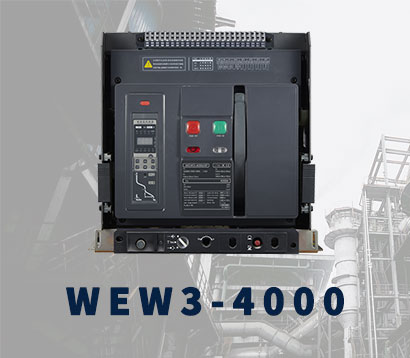 WEW3-4000
WEW3-4000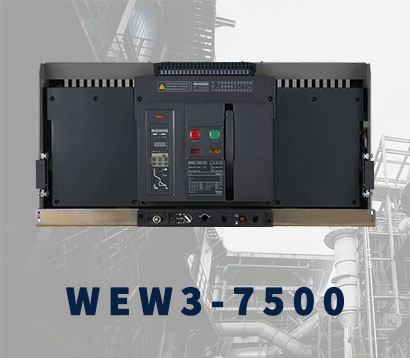 WEW3-7500
WEW3-7500





